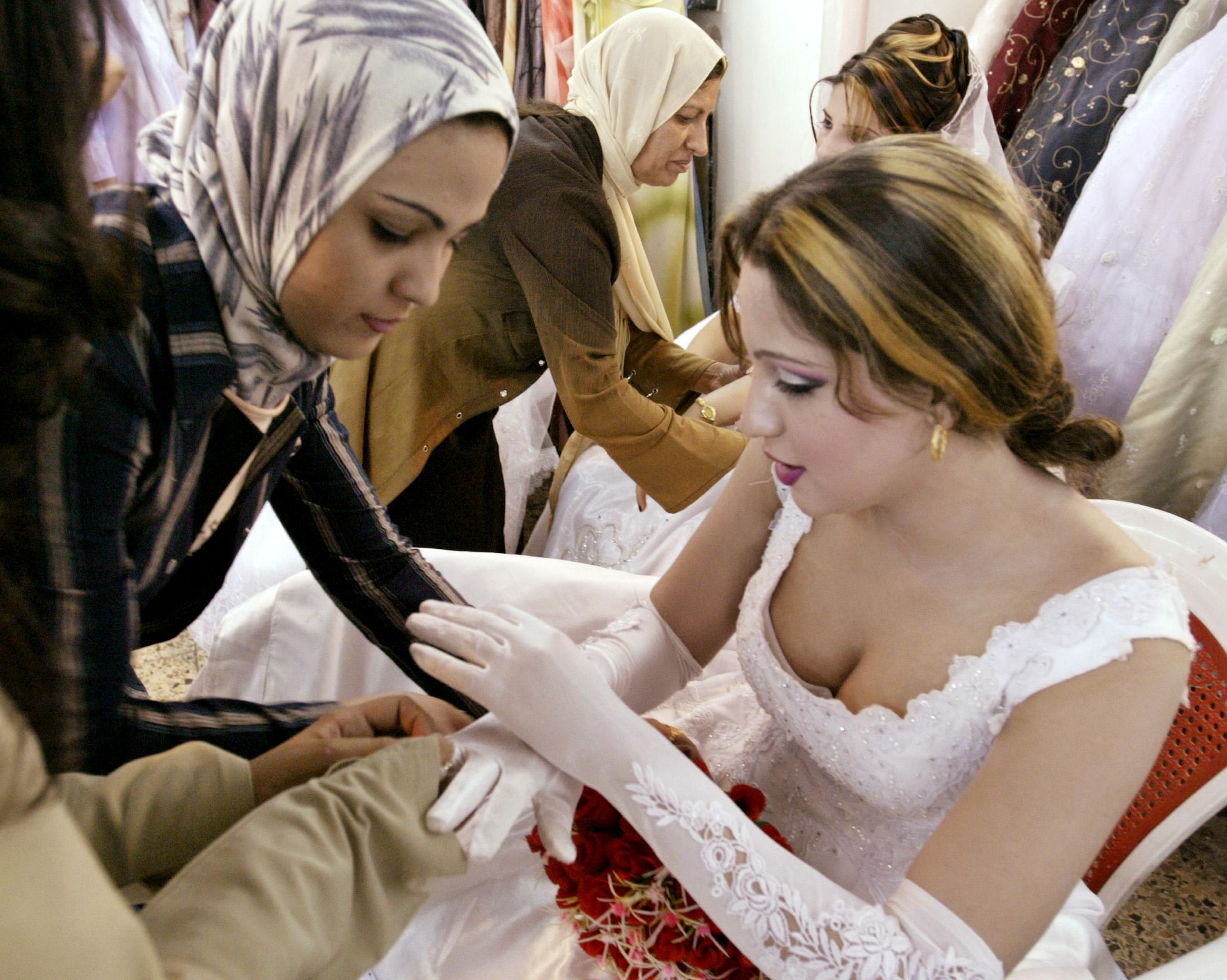Female Iraqi MP proposes law that encourages men to marry multiple women for financial benefits
Controversial suggestion comes in the wake of recent legislation banning alcohol

A member of Iraq’s parliament has put forward a proposal to legalise polygamy in the country to “protect the dignity” of widows, divorced women, and older women who choose not to marry.
The government could provide financial incentives such as tax allowances to encourage men to marry more than one woman, Jamila al-Ebeidi told media at Baghdad’s parliament’s building on Sunday, citing increased rates of divorce as a social problem which puts women in financially dangerous positions.
“While we express thanks to men who voluntarily celebrate International Women’s Day… We should remind [women] MPs… [not embracing polygamy] despite increasing spinsterhood and divorced women, who now exceed four million, is selfishness,” Ms Ebeidi said, urging her fellow MPs to adopt her stance.
“We must renounce the one-woman mentality at the expense of our sisters,” she added.
Polygamy for Muslim men in Iraq is legal under a 1959 law, as long as a judge’s permission is given, a husband is found to be “financially capable,” and there are “legitimate reasons” for taking another spouse, such as a first wife who is unable to bear children.
The law has long been criticised by Iraqi womens’ rights groups as “backwards” and outdated, but the high number of widows in Iraq caused by two recent wars has led to a surge in the practice in recent years.
Ms Ebeidi plans to collect signatures in support of the planned bill, which has been met with criticism by the Iraqi parliamentary women and childhood affairs committee.
Rezan Delir, a Kurdish representative, said the proposal was “an insult to women’s dignity” and a “distraction from the war against [Isis].”
The controversial proposal follows another recent issue that divided Iraqi politicians - a surprise recent vote in October 2016 in parliament which banned the sale, import and production of alcohol.
Opponents of the law said it violates constitution guarantees regarding the traditions of religious minorities such as Christians, and vowed to appeal the decision.
Subscribe to Independent Premium to bookmark this article
Want to bookmark your favourite articles and stories to read or reference later? Start your Independent Premium subscription today.




Join our commenting forum
Join thought-provoking conversations, follow other Independent readers and see their replies
Comments